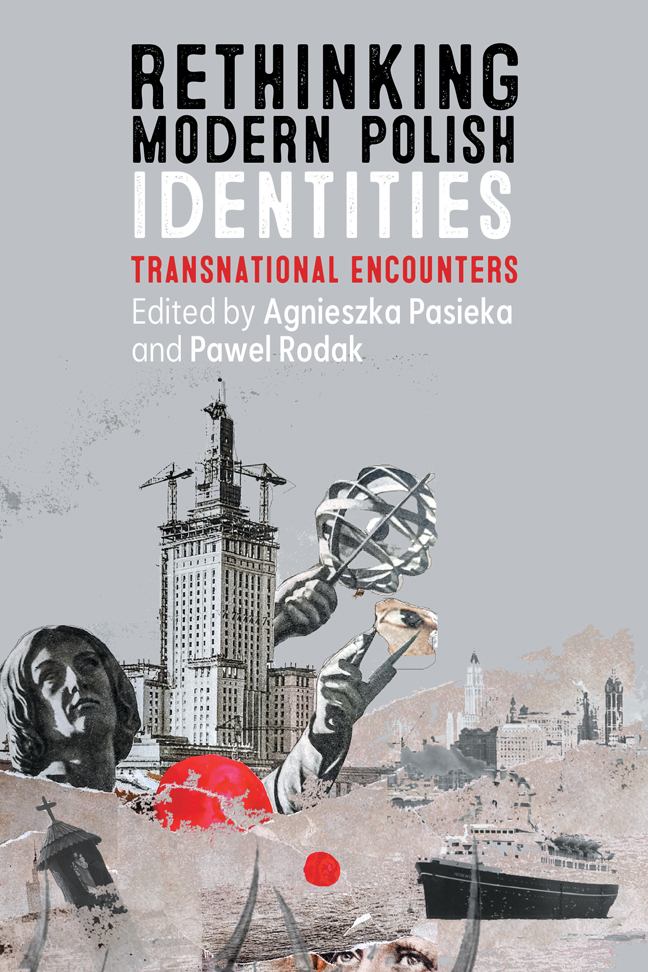Book contents
- Frontmatter
- Contents
- Acknowledgments
- Introduction: Polishness: A Story of Sameness and Difference
- Part One Redefining Polishness
- Part Two Identity in the Making
- Part Three Portraits and Performances
- Afterword: Polishness: A Time of Deconstruction, a Time of Reconstruction
- Notes on the Contributors
- Index of Names
- Index of Subjects
Ten - Being European in Poland and Polish in Europe: Transnational Constructions of National Identity
Published online by Cambridge University Press: 10 January 2024
- Frontmatter
- Contents
- Acknowledgments
- Introduction: Polishness: A Story of Sameness and Difference
- Part One Redefining Polishness
- Part Two Identity in the Making
- Part Three Portraits and Performances
- Afterword: Polishness: A Time of Deconstruction, a Time of Reconstruction
- Notes on the Contributors
- Index of Names
- Index of Subjects
Summary
What does it mean to be Polish within the context of European integration? The chapter examines Poles’ everyday conceptions of themselves in relation to their nation and in relation to Europe, and explains how national identity is shaped by personal experiences with transnational ideas, people, and goods. When seeking answers to the question, “What does it mean to be Polish?” it can be easy to reproduce stereotypes, paint unidimensional portraits of a fixed and unchanging “national character,” or especially during this time of political polarization, inscribe separate camps with deeply divided views of Polishness and Poland's place within Europe. However, careful attention to people's selfcharacterizations and perceptions reveals more complex, nuanced, and sometimes idiosyncratic views, wherein opposing perspectives often come into play within an individual's viewpoints. Understanding the ambivalences and tensions at the heart of Poles’ responses to questions about Polishness in relation European integration can help to make sense of overwhelming support for membership in the European Union even in the face of growing nativist, pronational sentiments.
The study draws from a person-centered ethnographic study that began with high school students in 1992 and continued for twenty years as they established their adult lives. Initially, participants attended high school in either the city of Krakow or the rural southeastern Bieszczady region, but I followed them as they matured and some relocated to other towns, cities, or countries. Their personal reflections, documented periodically as Poland solidified democratic institutions, embraced the neoliberal market, and entered the European Union, help to reveal the long roots of “transnational Polishness”: namely, a sense of national identity embedded in relations with broader geographic, political, and cultural spheres. Of particular relevance for this chapter, between 2005 and 2012 participants in my study described the connection between Poles and Europe as longterm, self-evident, and (for the most part) positive. They identified no conflict between “being European” and “being Polish,” and indeed most said they value membership in the European Union as a signal of Poland's return to its rightful place at the “heart of Europe.”
- Type
- Chapter
- Information
- Rethinking Modern Polish IdentitiesTransnational Encounters, pp. 208 - 234Publisher: Boydell & BrewerPrint publication year: 2023

